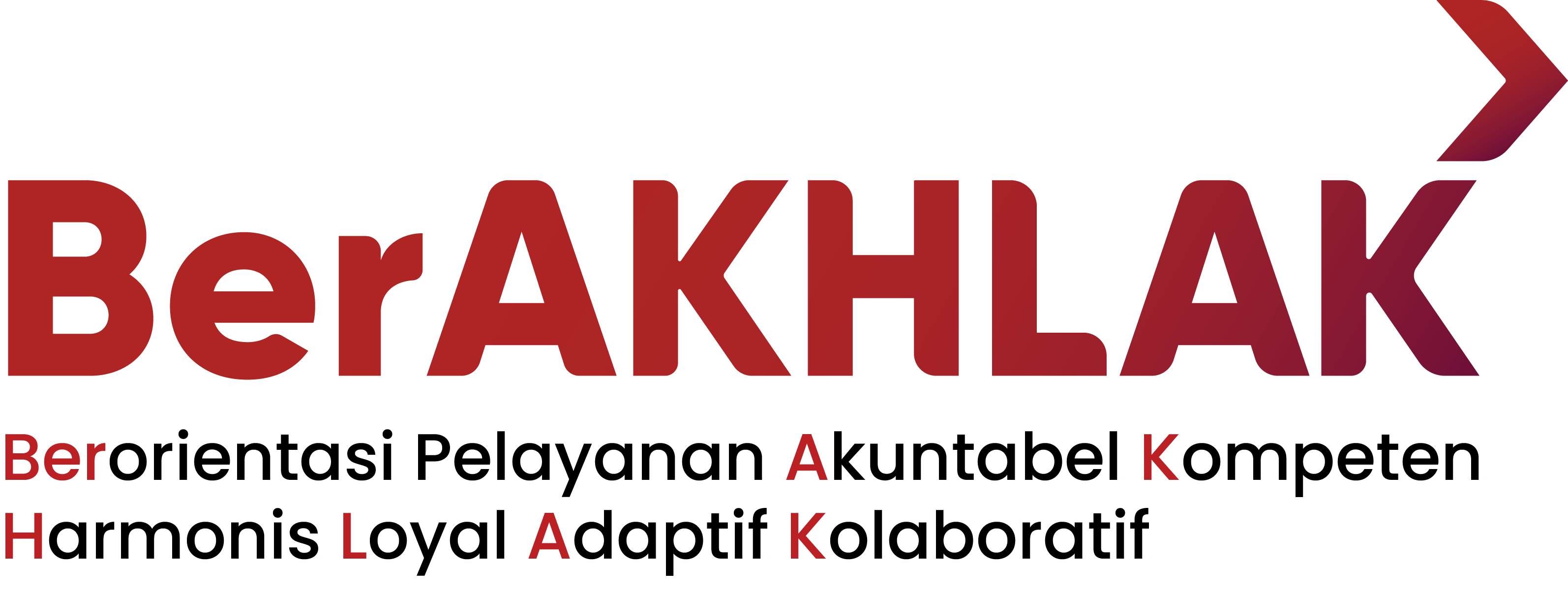A Decade of the Jokowi Presidency: Achievements and Foundations Towards Golden Indonesia 2045 Vision
Prime News - Thu, 10 October 2024

JAKARTA – Entering the first decade of President Joko Widodo and Vice President Ma’ruf Amin’s administration, Indonesia has recorded significant progress across various sectors, providing a strong foundation for achieving the Golden Indonesia 2045 Vision.
The President emphasized the importance of maintaining national stability, continuity in development, and improving human resource quality. "Our human resources must excel, not only in numbers but also in quality, both physically, in skills, productive character, and discipline," said President Jokowi when launching the final draft of the 2025-2045 National Long-Term Development Plan (RPJPN) on 15 June 2023.
To strengthen the Golden Indonesia 2045 Vision, the Minister of National Development Planning/Head of Bappenas Suharso Monoarfa highlighted the 2025-2045 RPJPN as the main guide for building Indonesia over the next two decades. "The 2025-2045 RPJPN is the steering wheel to navigate Indonesia’s development direction, ensuring that all development actors move in harmony and alignment with the nation’s aspirations," explained Minister Suharso on Wednesday (9 October).
The government has recorded several key achievements over the decade until the end of 2024. Economic growth is projected to reach 5.2%, with the creative economy contributing IDR 1,367 trillion in added value and a trade balance surplus of USD 11.5 billion. In regional development, the Gross Regional Domestic Product has increased in Java and Sulawesi, accompanied by a reduction in social inequality as indicated by the Gini Ratio dropping to 0.375. The Human Development Index has reached 75.59, with an average schooling duration of 9.03 years, and the unemployment rate has decreased to 5.11 percent. Infrastructure development has also progressed with the addition of 6,665 Broadcast Traffic Systems (BTS) in remote areas and 2,882 kilometers of new toll roads.
In the social sector, the Cultural Development Index has risen to 74.29, while the quality of public services has reached 82.68, and the Democracy Index has increased to 75.51. In the environmental sector, the government has recorded a reduction of 637 million tons in greenhouse gas emissions, along with an improvement in environmental quality, now standing at 68.73. Regarding the development of the new capital city, Nusantara, the Ministry of National Development Planning/Bappenas has ensured that this project is based on sustainability and innovation principles, in line with the policies outlined in the 2025-2045 RPJPN and the Government's Work Plan.
Furthermore, Minister Suharso emphasized that in the coming years, the 2025-2045 RPJPN, which has been enacted into law, along with the 2024 Government Work Plan (RKP), will play a critical role in realizing the Golden Indonesia 2045 Vision.
"The 2025-2045 RPJPN plays a pivotal role in establishing a solid foundation for Indonesia's national development over the next twenty years. We have ensured that the development plans within the RPJPN and the RKP for the upcoming years are aligned with the policies of the elected president to ensure the continuity of Indonesia’s development toward achieving the Golden Indonesia 2045 Vision" concluded Minister Suharso.


